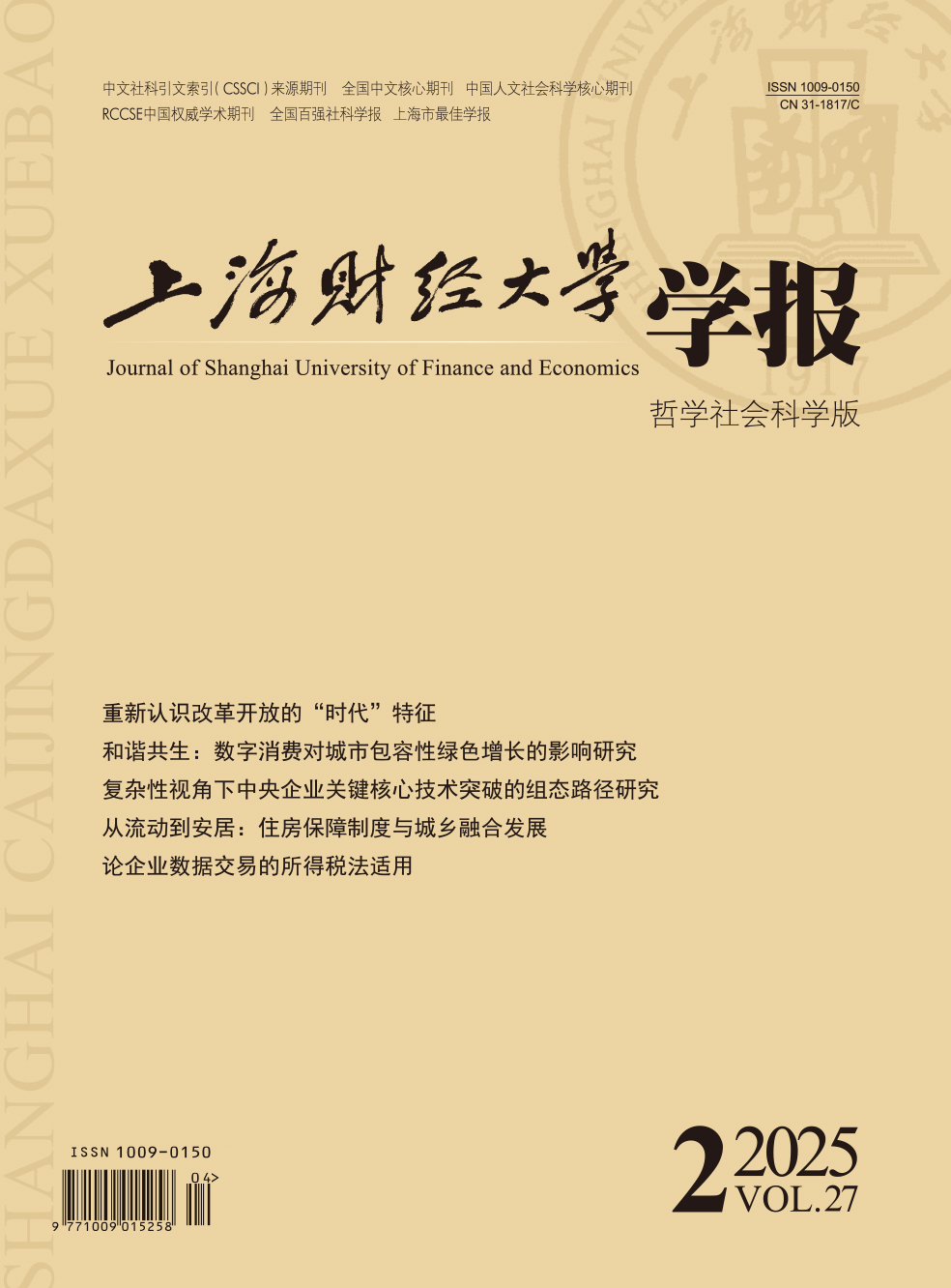The central government investment usually guides the local investment, and accomplishes a great task with little effort by clever maneuvers in the rapid economy growth in the past thirty years. Faced with the widening gap in regional development, the distribution of central investment projects should pay more attention to equity or efficiency factors? Answering this question is helpful to explain the disparity and change of the regional development level from the perspective of central investment. In addition, the provincial political influence may also " interfere” with the efficiency and fairness of central investment projects. This paper extends the theoretical model of central investment decision-making, and puts forward the theoretical hypothesis of central investment on economic criteria and political influences. The " political influence” factor is measured by the number of Central Committee members (including Politburo members and central alternate members) in each province. The supreme organ of power is the Central Committee of the Communist Party of China. The most important decisions are usually made by the Central Committee. The number of Central Committee members in each province determines the political influence of each province. We use the unit infrastructure output level and per capita GDP to measure efficiency factors and equity factors respectively. This paper constructs a spatial dynamic panel model and conducts an empirical test by using Chinese 1998-2015 inter-provincial data. The empirical results show that both efficiency and the political influence have a significant positive impact on central investment, while equity is insignificant. In cross-temporal comparison, the impact of efficiency factors on central investment is insignificant in 1998-2007 and positive in 2008-2015; while the impact of equity and the political influence changes from significant positive to insignificant. The policy implication of these empirical findings is that policy adjustments should be made in the following two aspects in order that central investment projects play a more effective role in promoting growth, adjusting the structure and benefiting people’s livelihood. On the one hand, reduce political interference, and strengthen budget management and approval of central investment funds. On the other hand, adjust and optimize the scale and structure of central investment, put more central projects into public services, and coordinate regional economic development, which will more effectively promote the transformation of central investment from the single objective of efficiency to the goal of both equity and efficiency.
 / Journals / Journal of Shanghai University of Finance and Economics
/ Journals / Journal of Shanghai University of Finance and EconomicsJournal of Shanghai University of Finance and Economics
LiuYuanchun, Editor-in-Chief
ZhengChunrong, Vice Executive Editor-in-Chief
GuoChanglin YanJinqiang WangWenbin WuWenfang, Vice Editor-in-Chief
Determinants of Central Investment Across Chinese Regions: Economic Normative Criteria or Political Clout
Journal of Shanghai University of Finance and Economics Vol. 20, Issue 05, pp. 30 - 43 (2018) DOI:10.16538/j.cnki.jsufe.2018.05.003
Summary
References
Summary
Cite this article
Yuan Deyu, Song Xiaoning, Li Degang. Determinants of Central Investment Across Chinese Regions: Economic Normative Criteria or Political Clout[J]. Journal of Shanghai University of Finance and Economics, 2018, 20(5): 30-43.
Export Citations as:
For




 , 2
, 2 6709
6709  7349
7349

